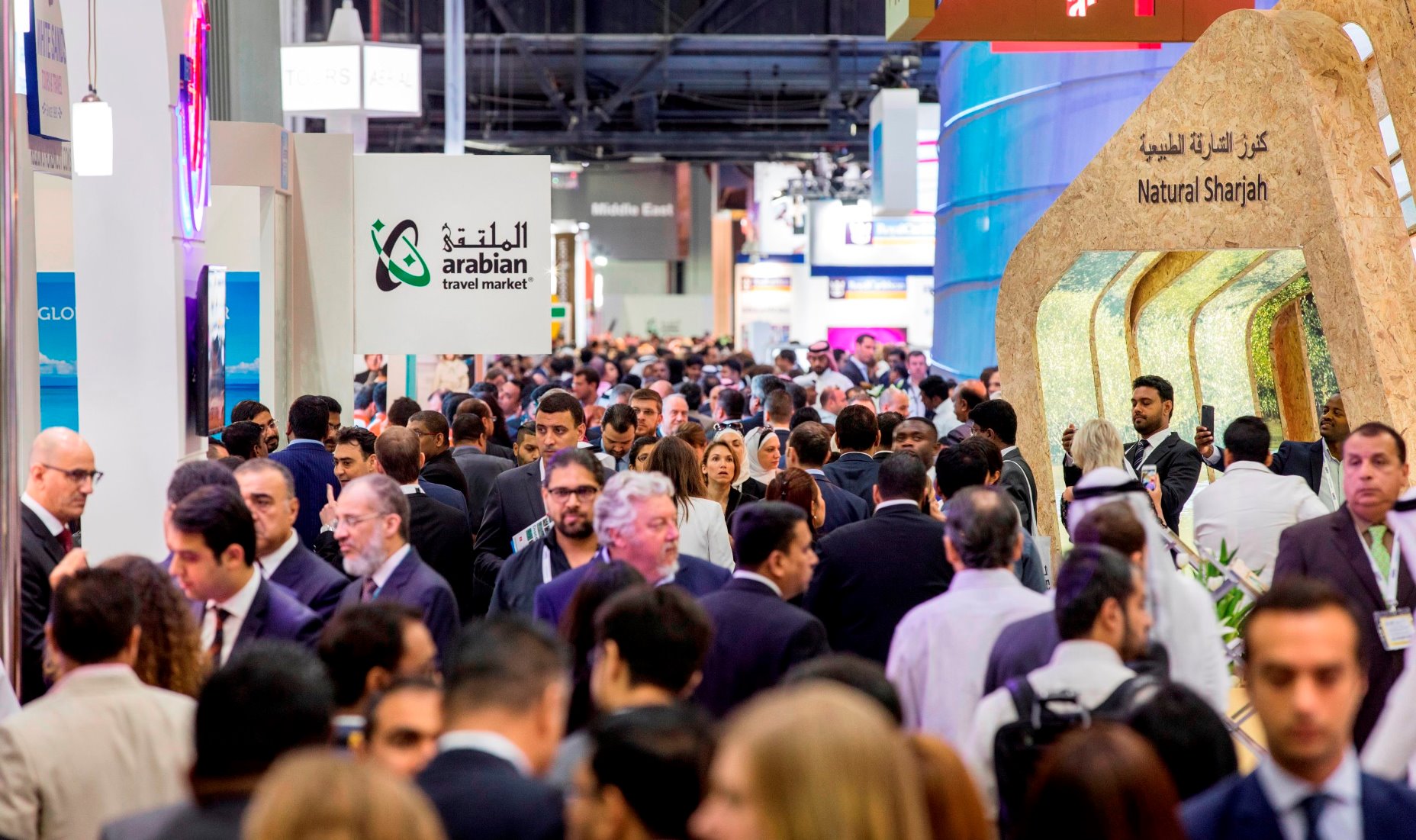Mumbai: Painting a bright future for tourism in GCC during the 2018 – 2020 period, Colliers International, Arabian Travel Market’s (ATM) research partner, has released a report which predicts a 17 per cent increase in arrivals from Europe to the GCC during the period. The latest data has been published ahead of ATM, which will celebrate its 25th year when the curtains go up at the Dubai International Exhibition and Convention Centre from April 22 to 25. The percentage increase is expected to be driven by extra flights, routes, competitive fares, and the rising number of mid-market hotels throughout the region.
The data predicts as many as 24.6 million EU residents will travel to the GCC between now and 2020, an additional four million travellers when compared to figures for 2015 – 2017
The data predicts as many as 24.6 million EU residents will travel to the GCC between now and 2020, an additional four million travellers when compared to figures for 2015 – 2017. The UAE and Saudi Arabia continue to be the preferred GCC destinations for European visitors; together they are on track to welcome 81 per cent of the projected business and leisure travellers. The UAE is expected to receive 14.5 million, Saudi Arabia 5.4 million, Oman 2.21 million, Bahrain 1.72 million and Kuwait 7,38,000, by 2020. Saudi Arabia is expected to experience the highest proportionate increase in arrivals from China, up 35 per cent on 2016 figures. The UAE will follow at 20 per cent, Oman at 12 per cent and Bahrain and Kuwait at 7 per cent each. Currently, GCC countries attract 1.9 per cent of China’s total outbound market, up from 1.3 per cent in 2012. However, positive trends are expected to continue as 154 million Chinese tourists prepare to go abroad in 2018 and a predicted 244 million will follow in 2022.
Figures from ATM 2017 show the number of delegates, exhibitors and attendees interested in doing business with China had increased 63 per cent compared to the previous year, with the number of delegates arriving from China, up 28 per cent. Simon Press, Senior Exhibition Director, ATM, said: “While European tourists have previously travelled to the GCC for its luxury resorts, the growing numbers of millennial travellers, middle-class tourists and corporate travellers on a budget are slowly changing traditional market trends with the growth in affordable, mid-market hotels combined with an increase in low-cost flights.”
Besides Emirates’ new route to the Stansted airport in the UK, flydubai is scheduled to start flying to Krakow in Poland this month, further extending the carrier’s Eastern and Central European network to 24 destinations, including Belgrade, Bratislava, Bucharest, Prague, Skopje, Sarajevo and Sofia. Furthermore, GCC hotel developers have turned their attention to quality mid-market properties with Dubai and Riyadh now home to a collection of four-star hotels flagged by names such as Aloft, Centro and Studio M.
This growth will continue with a 19.1 per cent compound annual growth rate (CAGR) forecast in four-star development between 2018 and 2020. In terms of the outbound market potential, this year ATM will welcome over 100 European exhibitors to the show, with names such as Atout France, Hard Rock Hotel London, the Slovenian Tourist Board, Tourist Office of Spain, Austrian National Tourist Office and Czech Tourism Authority participating. Figures from ATM 2017 show the number of delegates, exhibitors and attendees interested in doing business with Europe increased by 147 per cent between the 2017 edition and the previous year. Looking further ahead, ATM 2018, considered by industry professionals as a barometer for the Middle East and North Africa tourism sector, will examine the impact of Brexit on the relationship between the UK and GCC during the Global Stage panel debate ‘Going Solo’.





